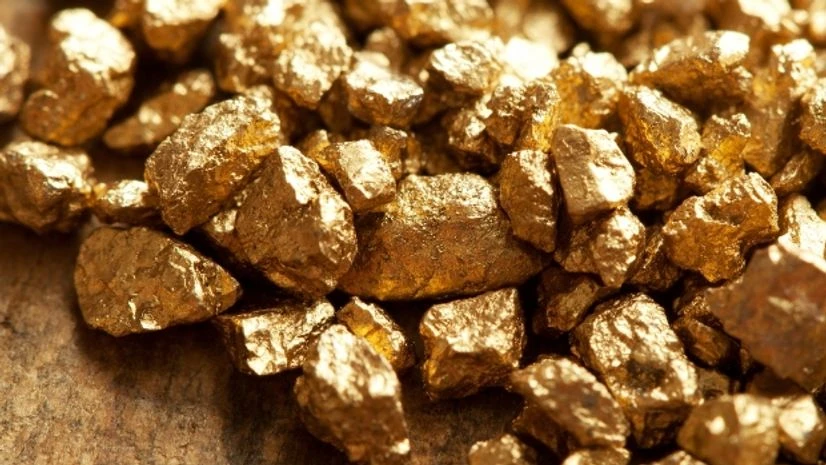Global gold demand grew by 15 per cent to 1,050 tonnes in the second quarter of 2016, mainly driven by considerable investment demand, the World Gold Council (WGC) said in its latest report.
The overall gold demand stood at 910 tonnes in the corresponding quarter last year, according to WGC Gold Demand Trends Q2 2016 report.
Investment demand reached 448 tonnes as investors sought risk diversification and a safe store of value in the face of continued political, economic and social instability, it said.
Exchange traded funds (ETFs) performed well at 237 tonnes during the April-June period, while bar and coin demand was also up in a number of markets, including the US, at 25 tonnes (up 101 per cent).
"The strength of this quarter's demand means that the first half of 2016 has been the second highest for gold on record, weighing in at 2,335 tonne," WGC Head of Market Intelligence Alistair Hewitt said.
"The global picture for gold is dominated by considerable and continued investment demand driven by the West as investors re-balance their investments in response to the ever-expanding pool of negative yielding government bonds and heightened political and economic uncertainty," added Hewitt.
More From This Section
While there were increases for jewellery demand in the US (up 1 per cent) and Iran (up 10 per cent), the customary powerhouses, China and India, saw drops in the second quarter of 15 per cent to 144 tonnes and 20 per cent to 98 tonnes, respectively.
India, it said, was further impacted by rural incomes remaining under pressure, as well as the government's decision to increase the excise duty, it opined.
Meanwhile, China faced a challenging quarter against a relatively soft economic backdrop and the implementation of new hallmarking legislation in May, the WGC report said.
"The foundations for this demand are strong and diverse, drawing on a broad spectrum of investors accessing gold via a range of products, with gold-backed ETFs and bars and coins performing particularly strongly," Hewitt pointed out, adding, "But the global gold market is, and has always been, based on balance: so whilst investment is currently the largest component of demand, we see a gradual return for the jewellery market in the second half of 2016."
Further, the WGC report said that the demand from central banks decreased 40 per cent to 77 tonnes as compared to 127 tonnes in the same period last year, resulting in net purchases for first half (H1) totalling 185 tonnes.
While this quarter saw the lowest level of net purchases since the April-June quarter of 2011, the report said that it comes amid a significant rise in gold prices over H1, dramatically increasing the value of central bank gold holdings to $1.4 trillion.
Central banks are still expected to be key contributors to global demand as gold provides diversification from currency reserves and, most notably, the dollar.
Meanwhile, the total supply was up 10 per cent to 1,145 tonnes in the second quarter of 2016, from 1,042 tonnes in the same three-month period a year ago.
The report said mine production in the June quarter this year was virtually flat year-on-year at 787 tonnes.
"Total supply for Q2 2016 saw an increase of 10 per cent to 1,145 tonnes primary due to recycling, which saw a significant rise of 23 per cent, as consumers capitalised on the rising gold price, leading to first half recycled gold supply of 687 tonne, 10 per cent higher than the 626 tonnes seen in the first half of 2015," Hewitt said.
"Mine production remained broadly flat at 787 tonnes from 790 tonnes in Q2 2015, while gold producers added 30 tonnes to the hedge-book," added Hewitt.

)
